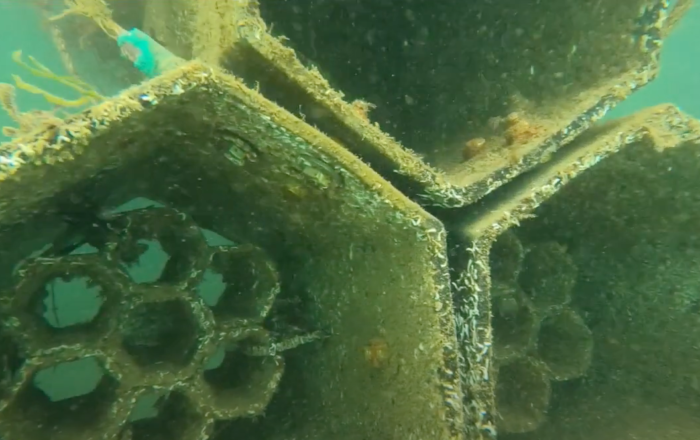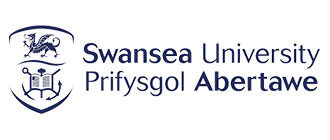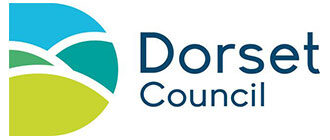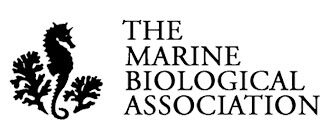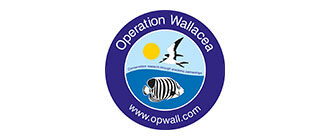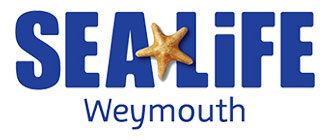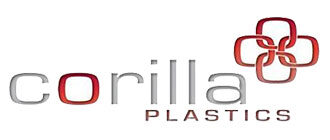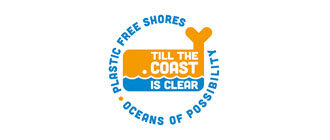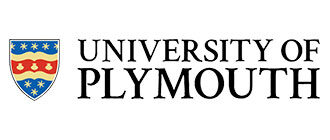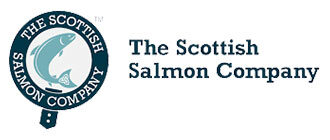Location
Pleasure Pier, entrance to Weymouth harbour, Dorset, England
Placement date
March 2022
Design
Four SeaHives suspended from the Pleasure Pier by stainless steel wires. Two SeaHives constructed from 7 x 1m HDPE tubes. Two SeaHives constructed from 3 x 1m HDPE tubes containing additional clusters of smaller hexagonal recycled glass tubes.
Depth
2 to 3m depending on sea state and tide
Sponsor
Dorset Council and Weymouth Sea Life Centre
Objective
Mitigate for disruption to marine environment caused by remedial work to be performed on harbour wall and reduce wave action to protect sea grass meadow adjacent to the pier.
Observation
September 2022. Good growth of marine life in and on the SeaHive.
In this short film, creator of Sea Hives David Francis talks to Discover Animals’ Geoff Moore about how he is building homes for marine life out of redundant fishing nets.
He has designed sets of hexagonal tubes that can be strapped together to form interlocking shelters that can be adopted by fish, crustaceans and other small filter feeders in which they can live and breed.
His latest set of four are currently under a pier in the holiday resort of Weymouth, Dorset.
The recycled nets are made into these robust components by a factory in Wales. This work saves the nets going to land-fill or to incineration.
Based in Somerset, the company makes up the Sea Hives into 3 or 7 sections and then get them placed into harbours or marinas.
After a few weeks under the sea, the tubes quickly get covered with algae and then slowly, over the following months, larger plants and delicate marine life start to flourish. This is when fish and other marine life start to move in as well.
They provide shelter for fry to hide, grow and even feed from their own homes.
David is very keen to get his hives placed all over the UK coasts where they help boost the biodiversity of any coastal locations. Marinas and ports are a target with places that have structures to attach them to like under the pier at Weymouth.
Although he works in the aviation sector, David has dived in many places around the world and wanted to find a positive way to increase marine biodiversity so Sea Hives was born.

